Dry January: Giving up alcohol helped me find peace and confidence without missing out
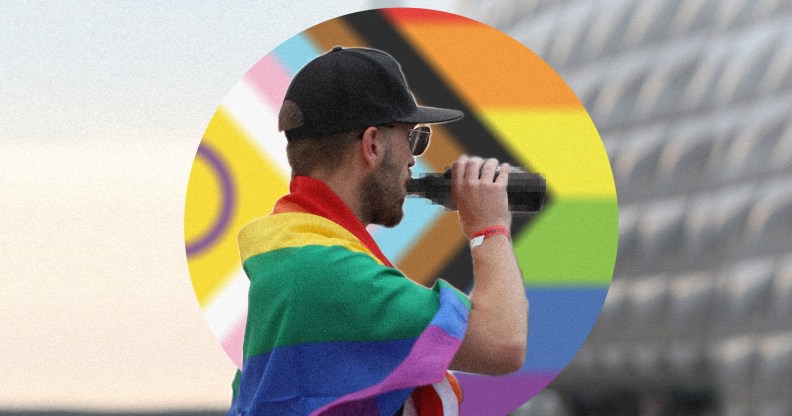
Alcohol free drinks are enabling LGBTQ+ people to enjoy pubs and bars without the hangover (Getty)
Dry January is more than a fad – for some, it could be the start of a new way of living.
After the festive season, many people find themselves questioning their relationship with alcohol. Others just want a break after weeks of Christmas parties and get-togethers.
That’s where Dry January comes in. Each year, the initiative sees people giving up alcohol for the first month of the year. It’s a chance to press the reset button and explore what sober life looks like.
It it’s not always simple. Alcohol is everywhere, and it plays a significant role in queer culture. It’s still not as easy as it should be to find LGBTQ+ spaces where drinking isn’t the focus. But it can be life-changing.
PinkNews spoke to four queer people who have given up alcohol at various stages of their lives. Some are committed teetotallers, while others have found that just taking a break can change their perspective.
‘The beer fear hasn’t been missed’
Steven Grocock, 35, gave up drinking on 1 January, 2021 after “a year of pandemic drinking” in which it became “the norm to crack open a few beers each night”.
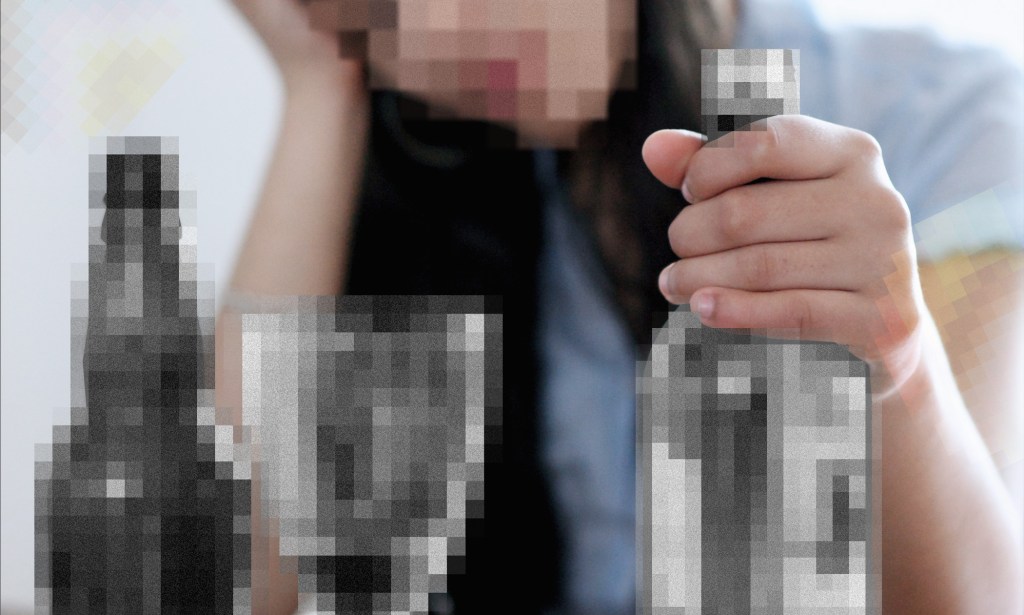
“I decided for my own health and just to prove to myself that a few weeks off drinking was possible,” he says. “One month went into two and before I knew it a whole year had passed.”
Life without alcohol has been a positive experience for Steven, even if there are some drawbacks.
“I miss the false confidence alcohol gives you on a night out and the chilled vibes, but the anxiety and beer fear the next day haven’t been missed.”

His advice to people taking on Dry January this year is simple: it has to be your own decision, and you’ve got to do it for the right reasons.
“Like giving up smoking it has to be something you want to do. I’m never going to say I’ll never drink again, nor will I admit that alcohol was a major factor in my life, but when the time comes when you realise that alcohol isn’t the be-all and end-all of a night out, you will realise that you can have a great time sober and still have a clear head the next day.”
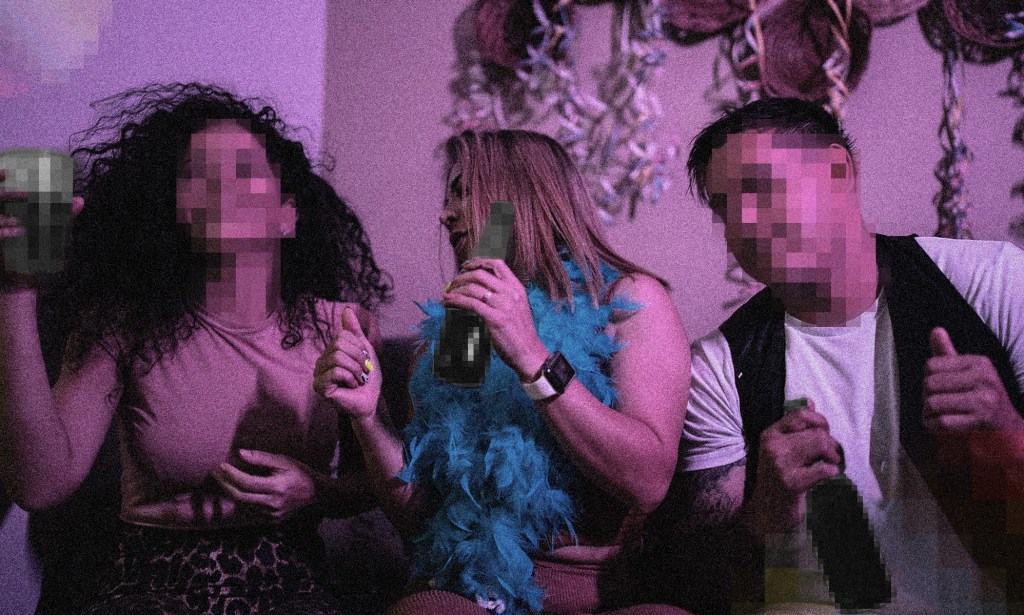
‘You don’t need alcohol to have fun’
Freya Fox almost entirely gave up drinking aged 25. She’d had some “bad experiences from partying too hard” and didn’t like the feeling of being drunk.
Her advice to those taking on Dry January is that they find new, non-alcoholic drinks they can have so they’ll still “fit in” on a night out, without standing out.
She promises: “It’s honestly a lot easier once you are used to it because then you don’t need [alcohol] to have fun anymore.”
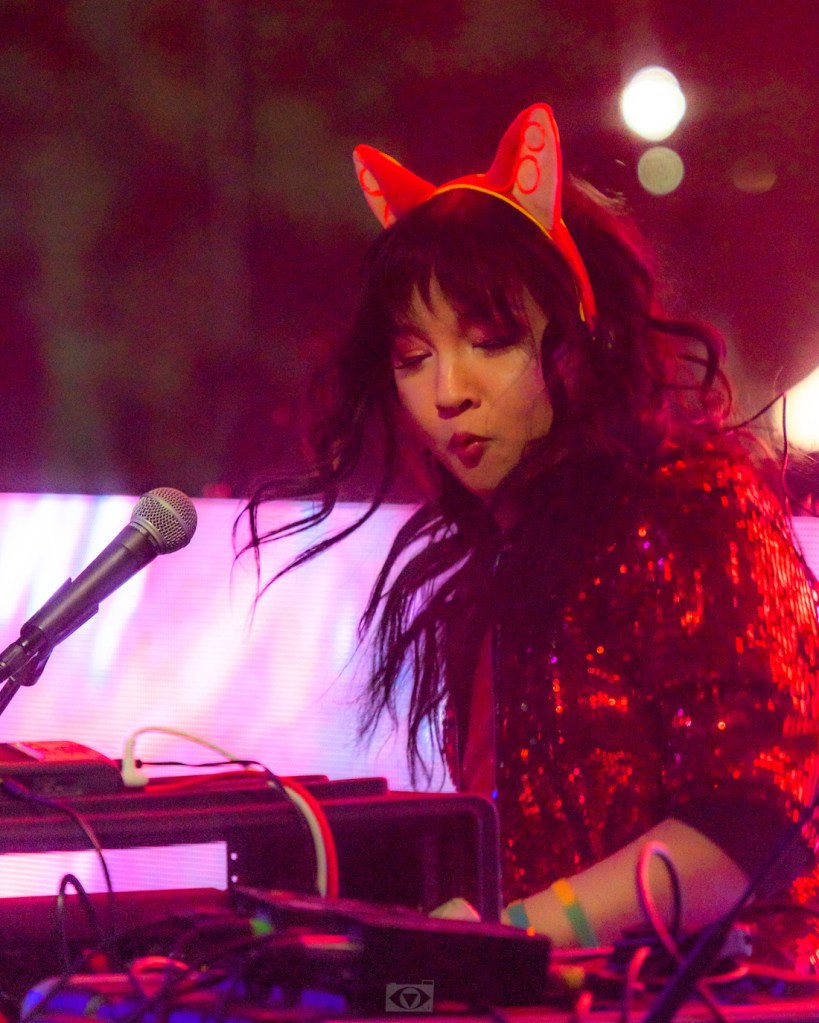
Fox admits that going alcohol-free means being “prepare to potentially lose friends if your only commonality with them is drinking a lot” – but for her, it’s been an overwhelmingly positive experience.
The result of not drinking is that she has more energy and feels healthier. The only time she drinks alcohol nowadays is on “extremely rare” special occasions, and even then she’ll just have one glass.
‘Alcohol can actually stop you from having a good time’
Martyn Butler, 68, has been an almost complete teetotaller for most of his adult life after a single bad experience in early adulthood turned him off alcohol for good.
“I was walking home down a lane. Paralytic drunk. Quite happy, quite merry, and walked smack-bang into a brick wall,” Butler, who co-founded the Terrence Higgins Trust, recalls.
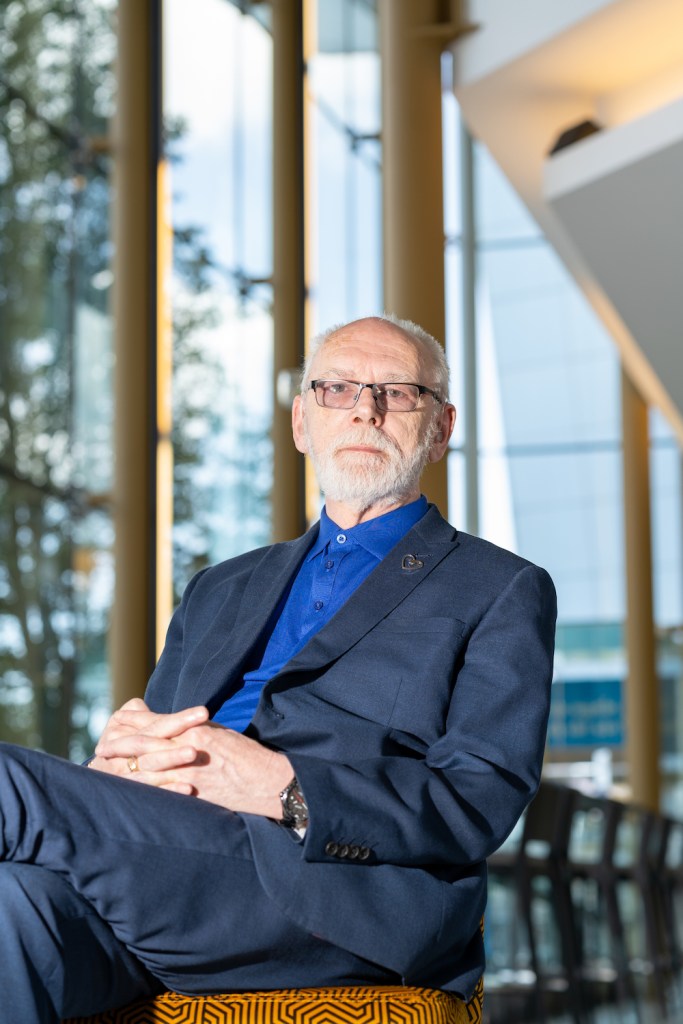
“And I think that was the moment when I decided, ‘God alcohol really is a naff drug.’ And it put me off for a really long time after that, I and I started to really notice that a lot of other people also didn’t have a good time with alcohol.”
He admits he found it difficult to give up because so much of gay culture revolves around alcohol.
Still, it wasn’t long before he found his own tribe – he recalls going to London’s Heaven nightclub in its heyday and having a cup of tea before spending the night dancing with the other teetotallers.
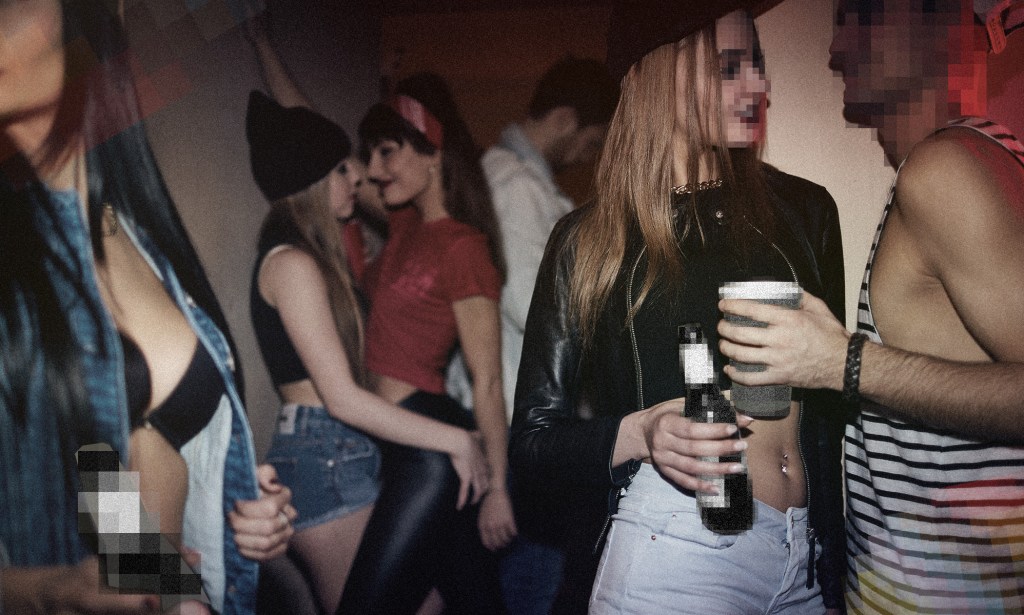
He was always “grateful to be stone-cold sober” the next morning.
“I think that alcohol can actually stop you from having a good time,” he says. “If you enjoy a drink, moderation is the way to go until you learn how to chill without it.”
‘People use alcohol to numb the struggles’
Josh McGiff, 22, took an eight-month break from alcohol after he was put on new acne medication to treat severe cystic acne. Doctors told him he risked damaging his liver if he kept drinking while taking it.
This came during the pandemic, which left many with nothing else to do but drink at home.
“I think it is fair to say that myself and many of my friends discovered that drinking alone contributed to poor mental health and overall sadness,” McGiff says.
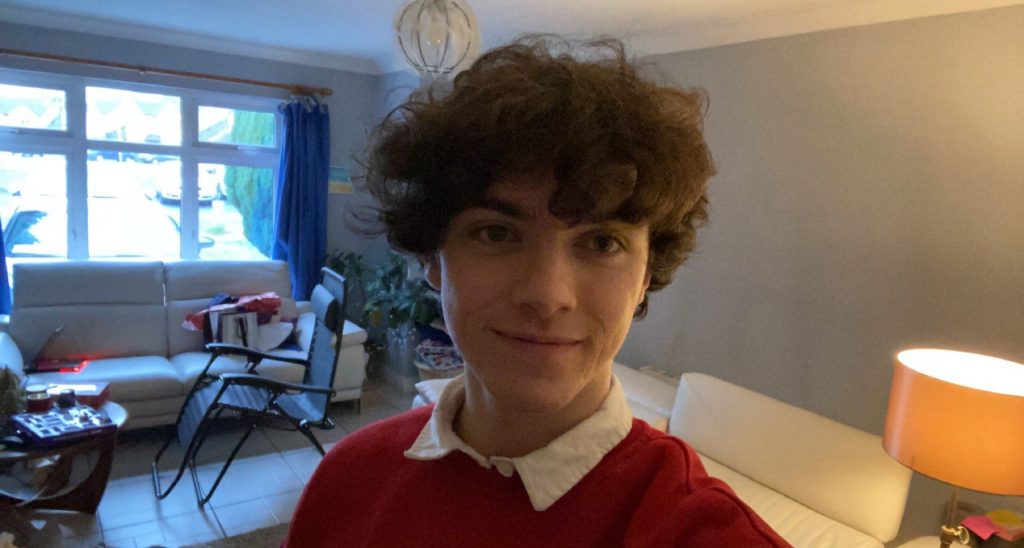
“Taking an eight-month break from alcohol allowed me to see that the substance was often abused within the LGBTQIA+ community as a method to numb the struggles involved with coming out (especially in isolation during the pandemic) and navigating the queer world for the first time.”
His advice is to use Dry January as a “litmus test” so experience the “health and confidence benefits” that come from giving up alcohol.
“January tends to be a quiet time of year with less social events, and could therefore be the best time of year to trial such a break. It only lasts a month.”
If you are concerned about your own or someone else’s drinking, visit Alcohol Change.
For urgent, free and confidential support, call Drinkline on 0300 123 1110 (weekdays 9am–8pm, weekends 11am–4pm). The Samaritans can be contacted at any time on 116123.
How did this story make you feel?

